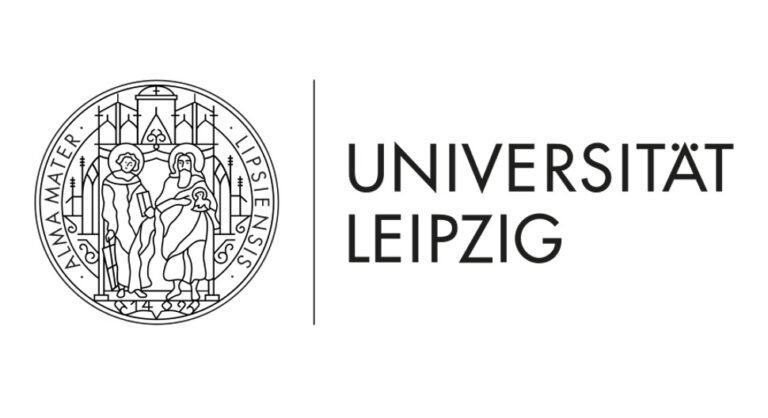Research Background:
Human behavior, along with the social and demographic forces that shape human interactions, plays a critical role in the transmission and evolution of infectious diseases. Understanding these dynamics is especially important in the context of climate change, which is likely to further complicate their effects on population health.
The research group is developing mathematical and computational models to explore how human behavioral and climatic changes impact infectious disease dynamics. By integrating methods from formal demography and disease ecology, we aim to address several key questions, including:
- How and why does the mortality burden and transmission of infectious diseases vary seasonally and spatially?
- How do human behaviors and heterogeneities in behavior influence disease transmission dynamics?
- How do population mobility and mixing patterns shape the spatial and temporal spread of outbreaks? Our studies use statistical techniques and biologically mechanistic models to investigate these questions in the context of multiple diseases across Asia, Africa, and the Americas. We leverage a wide range of data, including disease surveillance systems, hospital databases, climate models, human mobility data, and population surveys and censuses.
The Postdoctoral Scholar will have the opportunity to contribute to a cluster of studies exploring the complex interplay between human population dynamics, climate and environmental factors, human behavior, and infectious disease transmission.
Program Overview:
UC Berkeley’s Demography program is widely regarded as one of the most innovative and interdisciplinary in the world. The program has a strong focus on formal demography and population theory, and is closely integrated with fields like ecology, biology, and public health. The Postdoctoral Scholar will have ample opportunities to collaborate with researchers across various departments, including the School of Public Health and the Department of Integrative Biology.
Duties:
● Conduct research under the guidance of Professor Ayesha Mahmud Department of Demography
● Develop and apply computational tools to analyze large-scale epidemiological data.
● Conduct advanced mathematical and statistical modeling of human behavior and disease dynamics.
● Assist with the design and implementation of new research studies related to infectious disease dynamics.
● Work independently and as part of a diverse, interdisciplinary team. Prepare and submit articles for publication; present findings at conferences and other events.
● Participate in lab meetings, other lab events, and departmental colloquia in the Department of Demography, with the option to attend colloquia in other Departments such as the School of Public Health
Department: https://www.demog.berkeley.edu/about/
Qualifications
Candidates should also have experience with programming, modeling, and/or data analysis using tools like R, Python, or Matlab. Experience with cloud computing, spatio-temporal modeling, or modeling dynamical systems is especially valuable. Applicants with backgrounds in mathematics, applied mathematics, computer science, engineering, quantitative environmental sciences, or physics are strongly encouraged to apply.
Application Requirements
-
Curriculum Vitae – Your most recently updated C.V. -
Cover Letter -
Statement on Contributions to Diversity, Equity, Inclusion, and Belonging – Statement on your contributions to diversity, equity, inclusion, and belonging in research, teaching, and service, including information about your record of activities to date, and plans for contributing if hired at UC Berkeley. More Information and guidelines.
(Optional)
- 3-5 required (contact information only)







